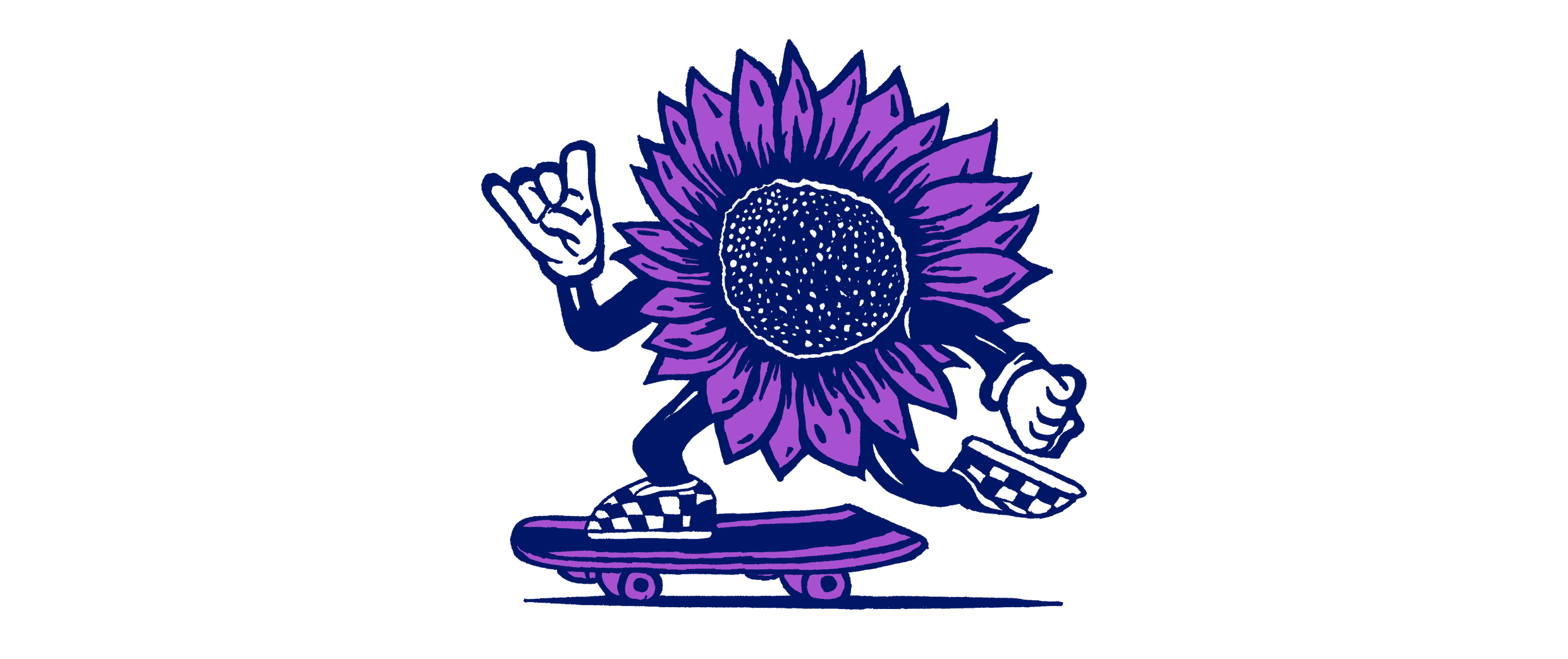Focussing on the Arts of Fun for girls between the ages of six to sixteen, the Yonder Shred!Yeah! Girls Club is a weekly skate club providing a supportive environment for kids to flourish, experiment, meet friends and learn to slide sideways.
Why?
Non-competitive sports are a great way to express individuality and be active on our own terms
Skateboarding is extremely accessible, welcoming and supportive - sometimes we just need that ‘foot-up’ to get us started and discovering the amazing culture surrounding it
We have great skateboarding facilities in our region that we want to help to open up to more users
We want our club to be collaborative, with a great vibe, peer teaching, space to think, learn and celebrate the arts of fun
Smartphones are such a draw for young people - skateboarding is the perfect antidote to screen time.
Where and When?
North Shields Skatepark - Tuesdays @ 4.30pm - 5.30pm (weather permitting)
How?
We can only skate if its dry. If the surf is perfect, we might run Shred!Yeah! as a surf session.
Availability will go out via the Whatsapp Broadcast on a Sunday night to book.
Initially we will have space for 8 girls. The sessions are £8 each, we have equipment if needed.
By signing up to the WhatsApp Broadcast you will receive a link to book onto a Tuesday session on a Sunday evening. This isn’t a group. You will need to add +447739084928 to your contacts to receive alerts.
WHY DO WE FOCUS ON TEACHING GIRLS?
It goes without saying that sport benefits both girls and boys, men and women throughout their lives, however if you look closely at the statistics of girls in sport, especially during the early teenage years, the numbers are alarming.
Studies have shown that teenage girls are significantly less active than teenage boys, with only 10% of girls aged 13-16 meeting the recommended daily guidelines of 60 minutes of physical activity per day (Sport England, 2018).
According to research, by the age of 13, one in two young women drop out of sport. They are three times more likely to drop out than boys (Sports Joe).
A report by the US based organisation ‘Women’s Sport Foundation’ found that by age 14, many girls are dropping out of sports at twice the rate of boys. One of the reasons that they stop participating in sports is quite simply the lack of access. Girls have 1.3 million fewer opportunities to play high school sports than boys. Lack of physical education in schools and limited opportunities to play sports in both high school and college mean girls have to look elsewhere for sports –which may not exist or may cost more money. Often there is an additional lack of access to adequate playing facilities near their homes that makes it more difficult for girls to engage in sports.
And girls need sport just as much as boys. Girls who are physically active have greater body confidence, have better self-esteem, experience healthy mental well-being and are fitter, as well as gaining essential skills that they can take through life and into the workplace such as leadership, teamwork, communication and resilience.
Source - We are Girls in Sport
Women in Sport has found that more than one million teenage girls (43%) who once considered themselves ‘sporty’, disengage from sport following primary school. A fear of feeling judged by others (68%), lack of confidence (61%), pressures of schoolwork (47%) and not feeling safe outside (43%) were some of the reasons given for not wanting to participate for this group of girls.
The charity surveyed 4000 teenage girls and boys as part of its research work ‘Reframing Sport for Teenage Girls’, funded by Sport England. It found 43% of teenage girls who once actively engaged with and enjoyed sport were being side-lined in their teenage years and made to feel not good enough, compared with just 24% of boys of the same age. Women in Sport believe this group is the ‘The Missed Opportunity.’
This comes at a time when teenage girls are experiencing an increase in mental health issues, especially relating to loneliness and anxiety*, which has been amplified by the recent pandemic.
Source - Women in Sport



